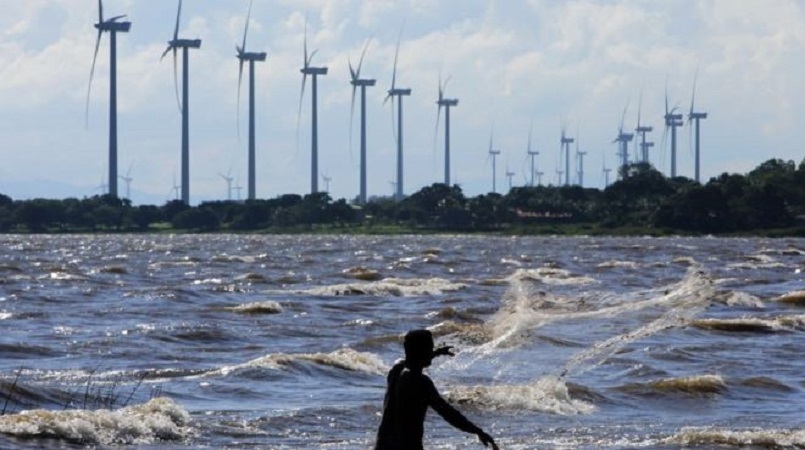
The 2015 Paris agreement's ambitious goal of limiting global warming to 1.5C remains within reach, a study suggests.
The study is one of several to address the "carbon budget", which - among other things - determines how much CO2 the planet can emit and still reach a given limit for global warming.
It indicates the 2015 target, perceived by some as tough, could be met with very stringent emissions cuts.
It used computer models that project climate behaviour into the future.
The aim of the Paris deal was "holding the increase in global average temperature to well below 2C above pre-industrial levels and pursuing efforts to limit temperature increase to 1.5C."
But scientists admit they were taken by surprise by the ambition of the 1.5C figure.
The results of the work with computer models have been published in Nature Geoscience. This type of work necessarily contains uncertainties regarding the way the Earth's climate will respond in future and how quickly societies can move away from fossil fuel use.
But the study authors say: "Pursuing 'efforts to limit the temperature increase to 1.5C' is not chasing a geophysical impossibility".
Co-author Michael Grubb, from University College London, said: "This paper shows that the Paris goals are within reach, but clarifies what the commitment to 'pursue efforts to limit the temperature increase to 1.5C' really implies."
Those commitments would require strengthening the nationally determined contributions (NDCs) - the pledges to cut emissions contained in the Paris agreement.
Previous estimates of the remaining 1.5C carbon budget, based on the Intergovernmental Panel on Climate Change's (IPCC) Fifth Assessment of the climate, were around four times lower.
But unlike those figures, which relied on one line of evidence, the new study uses multiple approaches to examine the same question, arriving at a rather different result.
Co-author Prof Pierre Friedlingstein, from the University of Exeter, said: "This is very good news for the achievability of the Paris targets."
Prof Myles Allen, another author, from the University of Oxford, told BBC News: "In the main body of the IPCC assessment, what it would take to meet a 1.5C goal wasn't assessed in any detail. To be honest, it wasn't thought to be the policy priority at the time.
"Perhaps it should have been, but that was the view of the academic community then. But the ambition of Paris caught a lot of people by surprise."
Photo by: AFP (Caption: Renewable energy in Nicaragua)
